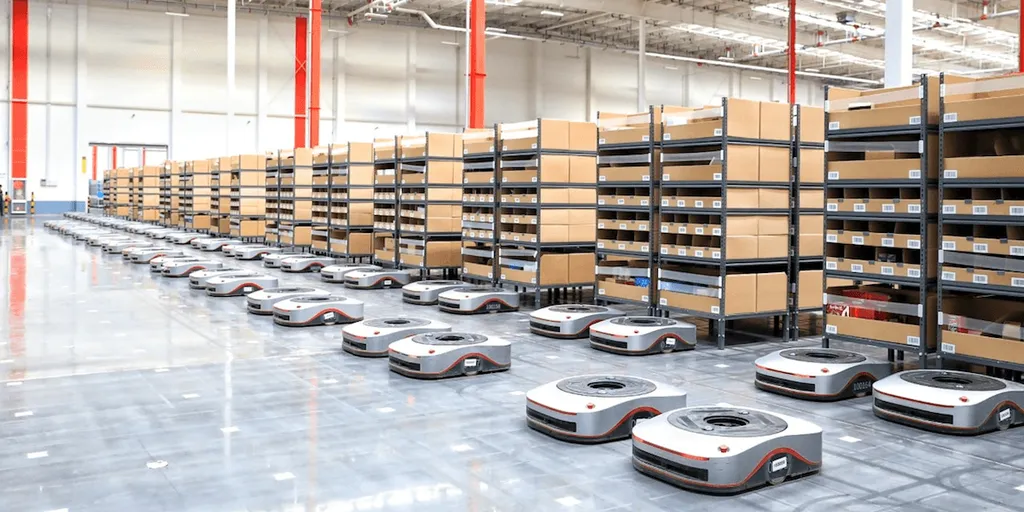Researchers from the University of Southern California, including Yulun Zhang, Alexandre O. G. Barbosa, Federico Pecora, and Jiaoyang Li, have made significant strides in optimizing robotic sorting systems (RSS). Their work focuses on improving the efficiency of multi-robot coordination in these systems, which are crucial for modern logistics and distribution centers. The team has developed a novel approach to task mapping optimization, which aims to enhance throughput and reduce operational bottlenecks in robotic sorting environments.
The researchers tackled the complex challenge of optimizing the destination-to-chutes task mapping in RSS. This process involves determining the most efficient way for robots to transport packages from induct workstations to eject chutes based on their shipping destinations. The complexity arises from several factors, including the interdependence of task mapping with robot target assignment and path planning, the periodic closure of chutes for downstream processing, and the impact of task mapping quality on package handling time. To address these challenges, the team first formally defined task mappings and the problem of Task Mapping Optimization (TMO).
To evaluate their optimization methods, the researchers developed a simulator for RSS. This simulator allowed them to test and validate their task mapping strategies under various conditions, including different map sizes, numbers of chutes, and destinations. The team presented a simple TMO method based on Evolutionary Algorithms and Mixed Integer Linear Programming, demonstrating significant improvements over greedily generated task mappings. Their optimized task mappings showed enhanced performance in multiple RSS setups, highlighting the effectiveness of their approach.
Furthermore, the researchers utilized Quality Diversity algorithms to analyze the throughput of a diverse set of task mappings. This analysis provided valuable insights into the performance of different task mappings and their impact on overall system efficiency. The team’s findings underscore the importance of optimizing task mappings in RSS to achieve higher throughput and reduce operational inefficiencies.
The practical applications of this research are substantial for the marine sector, particularly in automated cargo handling and logistics. By improving the coordination and efficiency of robotic sorting systems, ports and distribution centers can enhance their operational capabilities, reduce processing times, and minimize errors. This, in turn, can lead to faster turnaround times for ships, reduced labor costs, and improved overall productivity. The researchers’ work represents a significant step forward in the field of robotic coordination and has the potential to revolutionize the way goods are sorted and distributed in the marine industry. Read the original research paper here.

